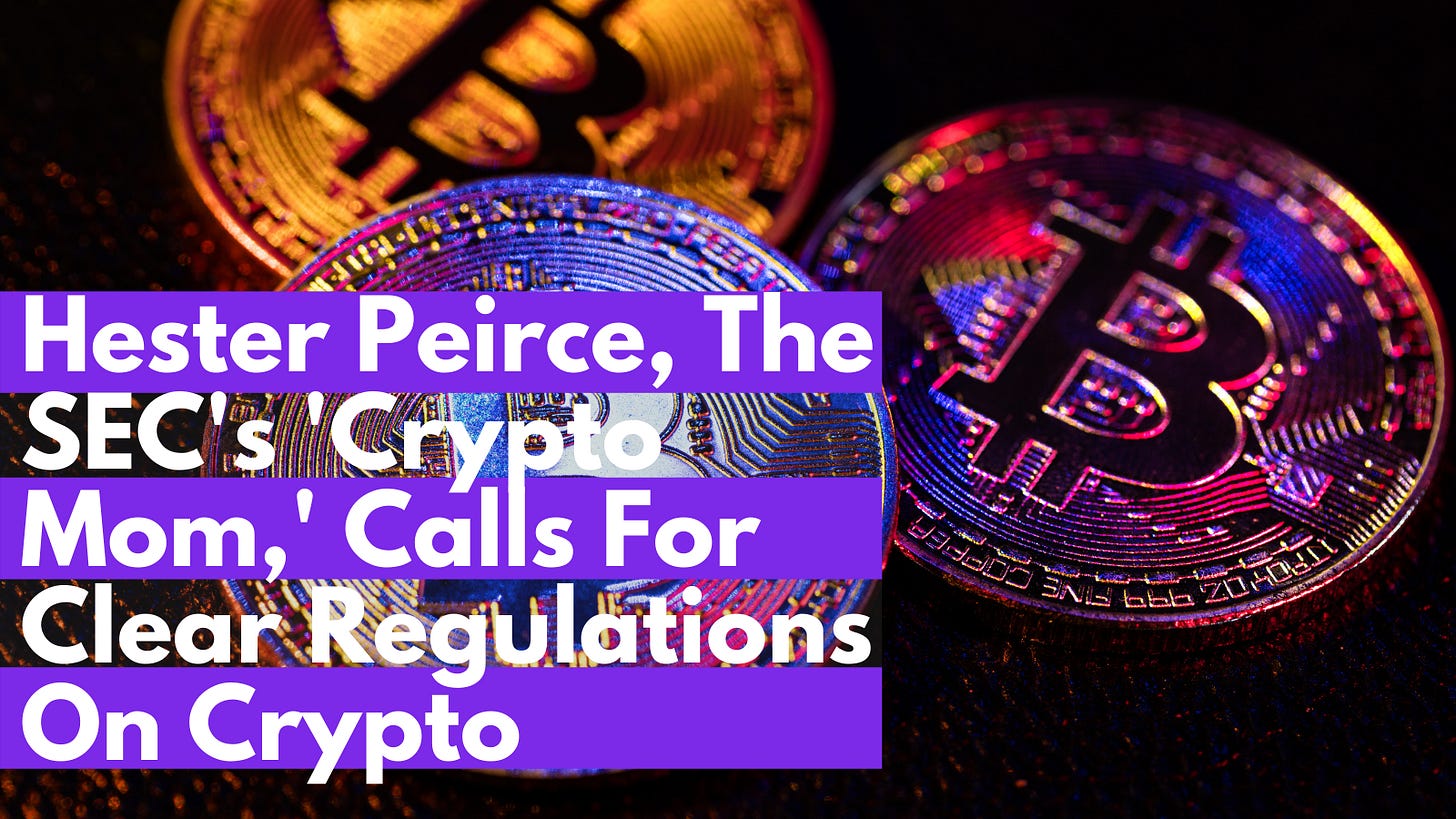Even in areas where there are jobs, according to a study conducted by LinkedIn, people are not aggressively looking for a new job. The Workforce Confidence Index survey of 5,520 members in late January of the professional-focused social media platform said they’re reluctant to leave their jobs for another one.
The high court’s ruling could call for Uber to pay its drivers at least minimum wage, holiday pay and, perhaps, other benefits traditionally afforded to workers. The ruling may have severe consequences for other similar app-based tech companies that depend upon gig workers.
Throughout the hearing, onlookers had plenty to say on social media. Despite the over five hours lawmakers spent questioning those summoned, however, one predominant take on Twitter was perhaps unsurprising for a Congressional hearing: Nothing really much came out of it.
The Department of Labor reported some bad news—861,000 Americans filed for unemployment benefits last week. The recent trend shows that the job market is still in bad shape.
Indeed, the large job aggregation site, confirmed in a survey what every job seeker, human resources professional, recruiter and hiring manager has long suspected—ghosting has become a widespread commonplace practice.
The number of people over the age of 55 who are participating in the workforce is down by 2 million, compared to pre-pandemic levels. The Great Recession of 2008 didn’t even result in this huge of a loss of senior, experienced workers.
I’d be lying to you if I said everyone throughout the interview process is honest. The cold hard truth is that people will lie or embellish the truth. This holds true for hiring managers, human resources, recruiters and job seekers. Interviewing is like a beauty contest. You need to show your best side. Just as a person enhances their photo and profile on a dating app, and is almost unrecognizable when you finally meet for dinner, this happens all the time in the hiring game.
Wall Street has a new regulatory sheriff, Gary Gensler. The former Goldman Sachs partner, head of the Commodities Futures and Trading Commission (CFTC) and professor at MIT will become the next head of the Securities and Exchange Commission (SEC).
Hester Peirce, a commissioner at the Securities and Exchange Commission, called for a “clear cryptocurrency regulatory regime,” as it is “urgently needed as major companies like Tesla Inc, BNY Mellon Corp, and Mastercard Inc embrace the alternative asset class,” reported Reuters.
The WSJ reported that the SEC “will give more power to its enforcement staff to launch investigations,” which indicates “an early sign that it plans to become more assertive under the Biden administration.”














